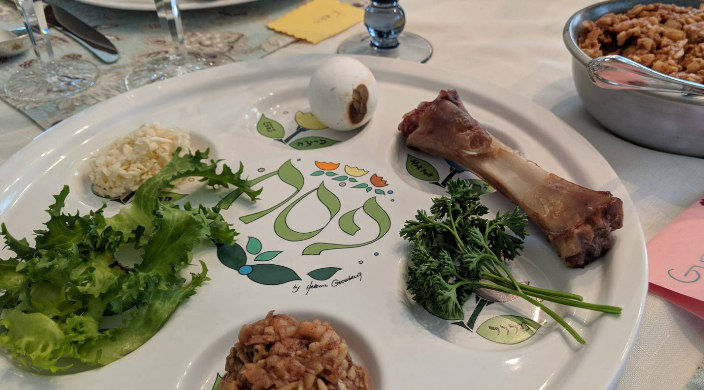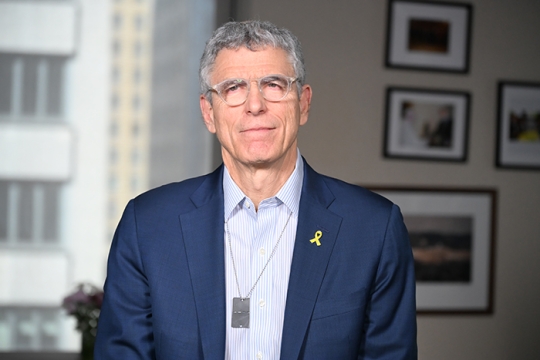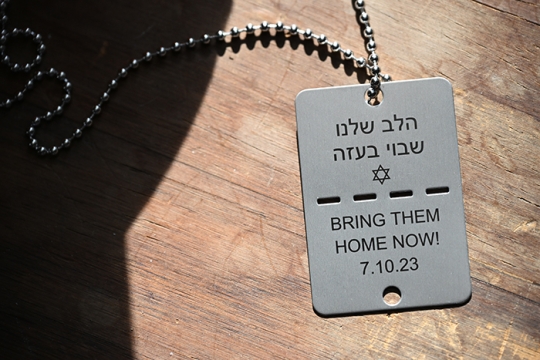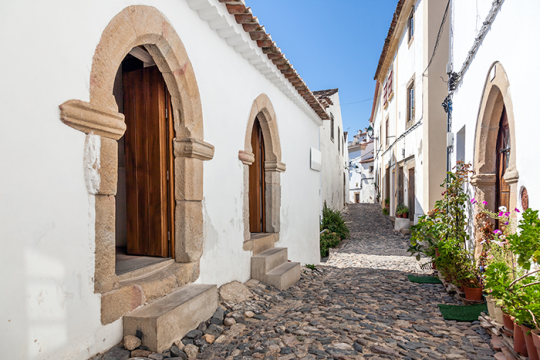
Each year on Passover, we ask “Mah nishtanah,” “Why is this night different?” This year, though, we know why: Pesach 5780 is simply unlike any other.
As the global pandemic of COVID-19 changes life on planet Earth, there is simply no way that our holiday observance could resemble years past. Physical distancing, sheltering-in-place, and pervasive fears are significant obstacles to making Pesach happen at all, let alone embracing it as a time of joy and renewal.
But we are a resilient and imaginative community. We have faced challenges at almost every turn throughout our history – and that, my friends, is the story we tell from the . So we will not take a year off this year; rather, with creativity, love, and defiance, we will adapt our Passover rituals to this moment.
Because we need this festival of liberation, now as much as ever. This year, we need our sacred ritual to temporarily liberate us from quarantine and fear. As we liberate ourselves from the limits of “the way we’ve always done ,” let us tap into the essence of Reform Judaism, which inspires us to update our Jewish tradition to each new moment.
One of the most magical moments of seder comes when we open the door for the prophet Elijah, the same door once opened at the beginning of the seder with the words, “Let all who are hungry come and eat.” Long ago, this invitation was made early in the evening, allowing those in need to partake in the entirety of the meal and its meaning. Over time, though, our doors stayed closed for this invitation, because too many of our ancestors lived in places where it was dangerous to announce to the community that a seder was taking place.
Today, so too have our doors been closed to preserve the health of those inside. But as the saying goes, when one door closes, another must open – and so, this year, we can dramatically increase the guest list of our seders. In years past, with limited physical space, so too were our guest lists limited; on Zoom, though, we can easily set another place at our virtual table.
This year, let us throw open the technological doors to our homes to all those who may be feeling lonely or isolated or who need the connection and spiritual renewal that our seder can provide. This year let’s extend the tent of our Reform Jewish community to include “all who are hungry” for community, meaning, and hope.
May we all be nourished by this year’s Passover, and may we deepen our commitment to nourish those who have not yet found an open door to our spiritually rich Jewish community.
Related Posts

Building Bridges, Not Walls: A Passover Message

Global Jewish Solidarity in Times of Crisis

